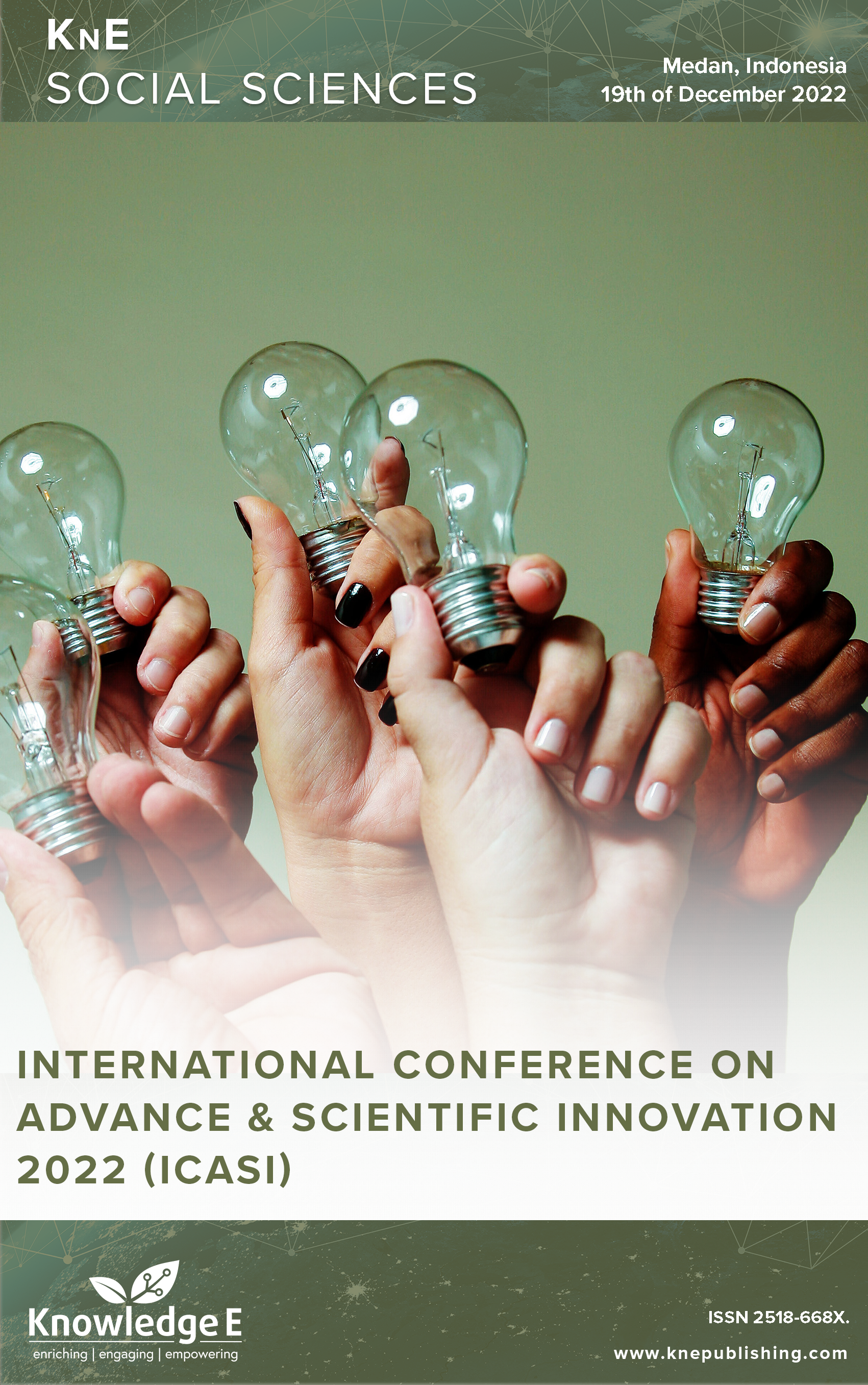The Use of Alphabet Flash Cards Learning Media in the Process of Learning While Playing at the Community Learning Activity Center in North Sulawesi Province
DOI:
https://doi.org/10.18502/kss.v8i9.13332Abstract
The development of the out-of-school education sector has a strategic role in improving the quality of human resources. In order to increase motivation and learning achievement of citizens learning to read, learning media is needed in the form of alphabet cards that are used by learning resources to develop learning models while playing for learning citizens. The purpose of this research is to: 1) design alphabet card learning media in the application of the development of the learning process, 2) applying the development of the learning process, and 3) finding the effectiveness of the implementation of the development of the learning process of reading while playing through the learning media of alphabet cards for citizens learning literacy in PKBM, North Sulawesi Province. This study has used the ”research and development” method, following the stages of ADDIE model development research (analyze, design, develop, implement, and evaluate) in 4 districts: 1) South Bolaang Mongondow, 2) East Bolaang Mongondow, 3) Talaud Islands, and 4) North Minahasa. This research is designed for 2 years and the first year, 2022, has been carried out in 3 stages, namely: 1) analyze stage, 2) design stage, and 3) development stage. Meanwhile, for the second year, there will be 2 stages, the implementation stage and the evaluation stage. It was concluded that: 1) prototype product design of Alphabet Card Learning Media can be understood and mastered by learning citizens; 2) the application of the development of the learning process is carried out through stages: (1) Recruitment of tutors, learning residents, and forming study groups; (2) Conducting training of trainers (TOT) for tutors; and (3) trials development; 3. The learning process is effective because: (1) The learning residents who were formerly literate but forgot their letters have re-learned them. (2) An improvement in the cognitive abilities of learning citizens; (3) A better ability to put letters together to form meaningful words; (4). Citizens who are learning become more involved. It is suggested that: 1) The teacher must develop an adaptable lesson plan; 2) The following aspects require revision: (1) the physical card alphabet’s size in both height and width; (2). For the sake of IPR and patent rights, a unique logo is required. 3). At the implementation and evaluation stage, this study must be continued.
Keywords: learning to read, while playing, alphabet cards
References
[2] The Community Learning Activity Center in increasing economic growth and welfare of the society according to the SDG target. SPEKTRUM : Non formal education journal.
[3] The role of Nusa Indah Community Learning Activity Center in improving the service of the Non-formal Education Program in North Sumedang District, Sumedang Regency. Journal COMM-Edu
[4] Implementation of Non-formal education program policies organized by Aprilia The Community Learning Activity Center in Kaburaya district. Thesis Journal
[5] The existence of Community Learning Activity Center based on local resources, in the development of education. Proceedings of the National Education Seminar FKIP UNTIRTA
[6] Strengthening the management of community learning activity centers in improving the quality of non-formal education services. Scientific Journal: Vision of primary school teacher in implementing community-based education programs, media economics and management.
[7] Analysis of the effectiveness of community learning activity center performance in implementing community-based education programs, media economics and management. Vol 32
[8] Wullur MM, Senduk JF, Maramis AA. Meta-analysis of correlational research about the relationship between managerial capabilities of principal with teacher performance. Advances in Social Sciences. Education and Humanities Research. 2018;299:484–489.
[9] Wullur MM. Relationship of leadership style and achievement motivation to productivity of training and education participants in North Sulawesi, Indonesia. Adv Soc Sci Educ Humanit Res. 2019;382:229–233.
[10] Wullur MM, Werang BR. Emotional exhaustion and organizational commitment : primary school teachers’ perspectives. Int J Eval Res Educ. 2020;94:912-919.
[11] Werang BR, Leba SM, Agung AA, Wullur MM, Yunarti BS, Asaloei SI. Indonesian Teachers’ emotional exhaustion and commitment to teaching : A correlational study. Cypriot J Educ Sci. 2021;16(2):522–531.
[12] Education and training for religious harmony to increase solidarity in driving the value of tolerance among religious teachers. J Educ Manage Mat
[13] Rahmat A. Empowerment management in non-formal education, ideas published in Gorontalo. 2018.
[14] Knowles MS, Holton EF III, Swanson RA, Swanson R, Robinson PA. The adult learner: Definitive classic in adult education an human resource development, Copyright. Miami; 2019.
[15] Sugiyono. Educational research methods: Quantitative, Qualitative and R & D approaches. Publisher: Alfabeta Bandung; 2010.

